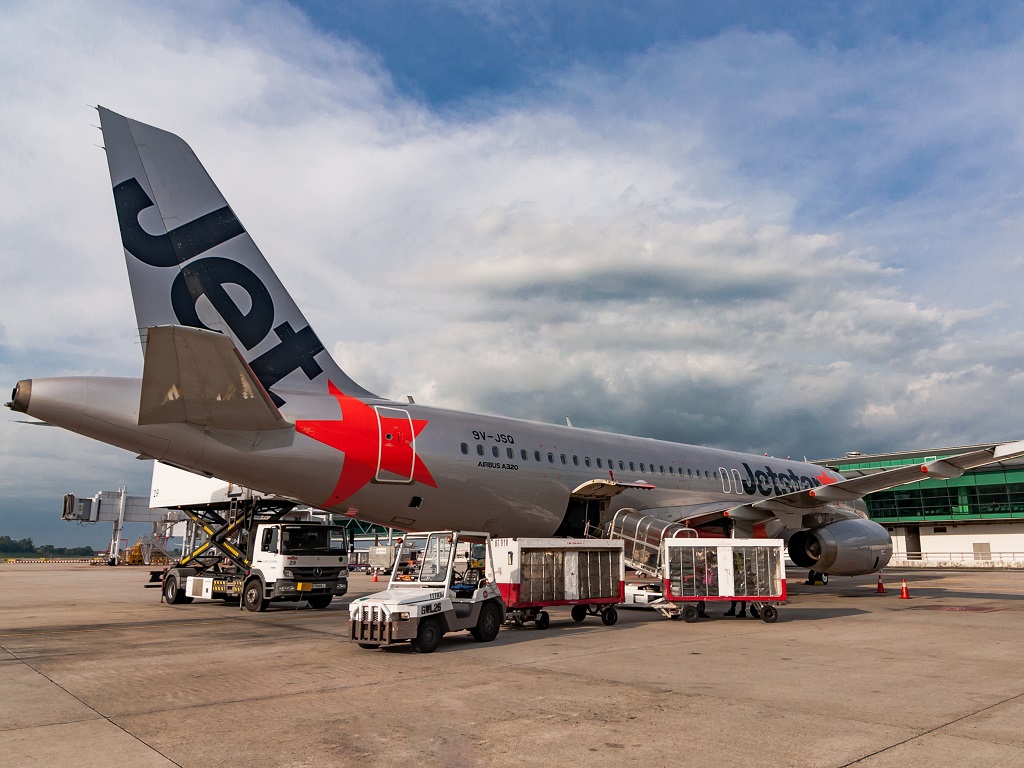Changi Airport fees to produce fare rises of up to 25 percent: Jetstar CEO
05 March, 2018
3 min read


The Jetstar Group has warned that new fees at Changi Airport may see it shift flights from the Singaporean hub and produce fare rises at Jetstar Asia of up to 25 percent.
A move by Changi to boost fees to help pre-fund expansion works, including the new Terminal 5, has prompted complaints by a number of carriers.
The fees include a new tax of $S10.80 per passenger from July 1 for departing travelers and $S3 for those in transit. The airport’s passenger service and security fee is also rising by $S2.50 to $S30.40 from July 1 and there will be increases in landing, parking and aerobridge fees.
“We’re very disappointed that this decision has been made,’’ Jetstar Group chief executive Gareth Evans said. “We believe this will lead to fare increases of 10 to 25 percent.
“Eighty percent of Jetstar Asia passengers travel for under $100. A cost increase of $10 is significant, particularly for low-cost carriers.”
Evans said that 80 percent of growth at Changi over the past decade had come from LCCs.
He warned the change would not just impact fares, but also volume, gross domestic product and the network.
“There is no doubt we will see a demand shift as fares go up, and we will need to adjust our network accordingly,’’ he said.
“We support growth, but our view is that growth needs to be staged in the right way and funded by airports. In turn, the airport would recoup the investment from the volume increase that comes as a result.
“The fact we are pre-funding this growth is something we fundamentally disagree with.”
The International Air Transport Association also recently expressed concerns about the way Changi is funding its growth.
While acknowledging the foresight shown by the Singapore government withits expansion plans, IATA director general Alexandre de Juniac said the funding model needed to be right to avoid burdening industry with extra costs.
“The prize to keep in sight is the airport’s contribution to Singapore’s overall economy," he said, noting reports about the additional taxes. “The airline industry does not support pre-funding to finance in advance infrastructure projects.”
More widely, de Juniac raised concerns that the growth in aviation infrastructure was failing to keep to pace with growth in demand for flights.
IATA forecasts that the number of passengers will almost double to 7.8 billion by 2026 and de Juniac believes the industry is headed for an infrastructure crisis, particularly in the US.
"To meet that demand we need sufficient capacity in terms of runways, terminals and airspace,’’ he said at Aviation Day USA. “Quality must be aligned with our technical and commercial needs. And it all must be affordable.”
The IATA boss also reiterated concerns about governments looking to fund airport infrastructure development through privatization.
"We have yet to see an airport privatization that has, in the long-term, delivered on the promised benefits of greater efficiency for airlines and a better experience for our customers,’’ he said.
“To date, there has been no regulatory formula that effectively balances the interest of private owners to earn a profit with the public interest to have the airport serve as an engine of economic growth.
“By all means, invite private sector expertise to bring commercial discipline and a customer service focus to airport management, but leave ownership in public hands."
Next Article
2 min read
Qantas triples profit but misses mark

Get the latest news and updates straight to your inbox
No spam, no hassle, no fuss, just airline news direct to you.
By joining our newsletter, you agree to our Privacy Policy
Find us on social media
Comments
No comments yet, be the first to write one.
